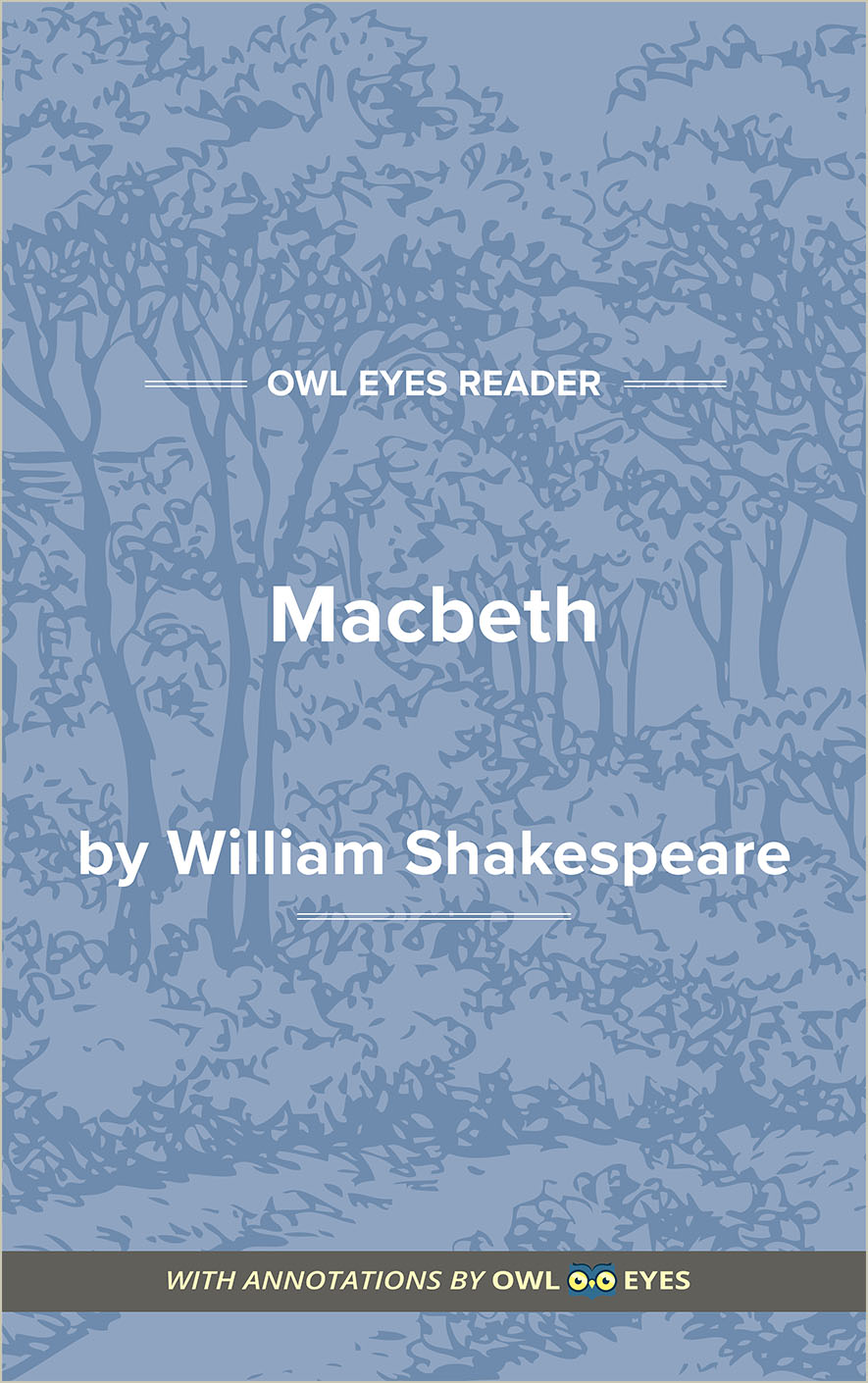Analysis Pages
Diction in Macbeth
Diction Examples in Macbeth:
Act II - Scene III
🔒"Too cruel any where...." See in text (Act II - Scene III)
Act III - Scene I
🔒"I will put that business in your bosoms..." See in text (Act III - Scene I)
"strange invention..." See in text (Act III - Scene I)
Act III - Scene III
🔒"Now spurs the lated traveller apace To gain the timely inn..." See in text (Act III - Scene III)
Act III - Scene IV
🔒" We are yet but young in deed..." See in text (Act III - Scene IV)
Act IV - Scene I
🔒"woman born..." See in text (Act IV - Scene I)
" Something wicke..." See in text (Act IV - Scene I)
Act IV - Scene II
🔒"when we are traitors And do not know ourselves..." See in text (Act IV - Scene II)
"Our fears do make us traitors...." See in text (Act IV - Scene II)
Act IV - Scene III
🔒"an untitled tyrant..." See in text (Act IV - Scene III)
"a devil more damn'd In evils to top Macbeth...." See in text (Act IV - Scene III)
"All the particulars of vice so grafted..." See in text (Act IV - Scene III)
Act V - Scene II
🔒"sticking on his hands..." See in text (Act V - Scene II)
"their dear causes..." See in text (Act V - Scene II)
"Revenges..." See in text (Act V - Scene II)
Act V - Scene III
🔒"This push Will cheer me ever or disseat me now...." See in text (Act V - Scene III)
"reports..." See in text (Act V - Scene III)
"Must minister to himself...." See in text (Act V - Scene III)
Act V - Scene V
🔒"She should have died hereafter..." See in text (Act V - Scene V)
"(20)..." See in text (Act V - Scene V)

